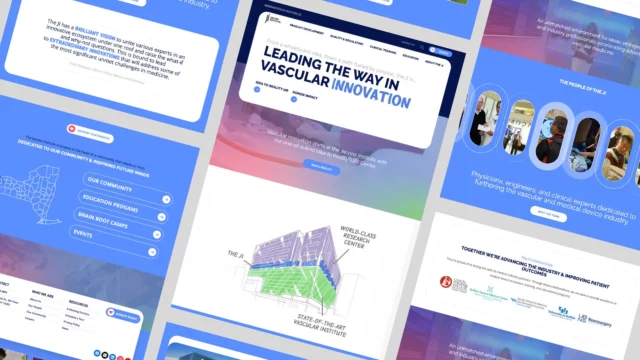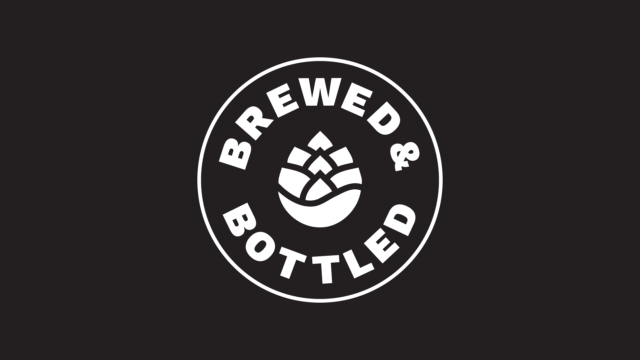The CN Blog
Our Thoughts On An Ever-Changing IndustryThe digital landscape is constantly evolving, and it can be hard to keep up! The Cypress North blog is designed to keep you updated on the latest digital marketing news, tech developments, data analysis techniques, and creative trends.
New

When to Gate Your Content
Are you incorporating gated content in your organic strategy? Learn when you should gate your content and how to do it with HubSpot.
Read More
Explore, Discover, And Learn Through Our Blog
Loading...
We couldn't find what you're looking for.

Listen to Marketing O'Clock, our weekly digital marketing podcast, to stay updated on the latest paid, organic, and social news.
Become a listener










